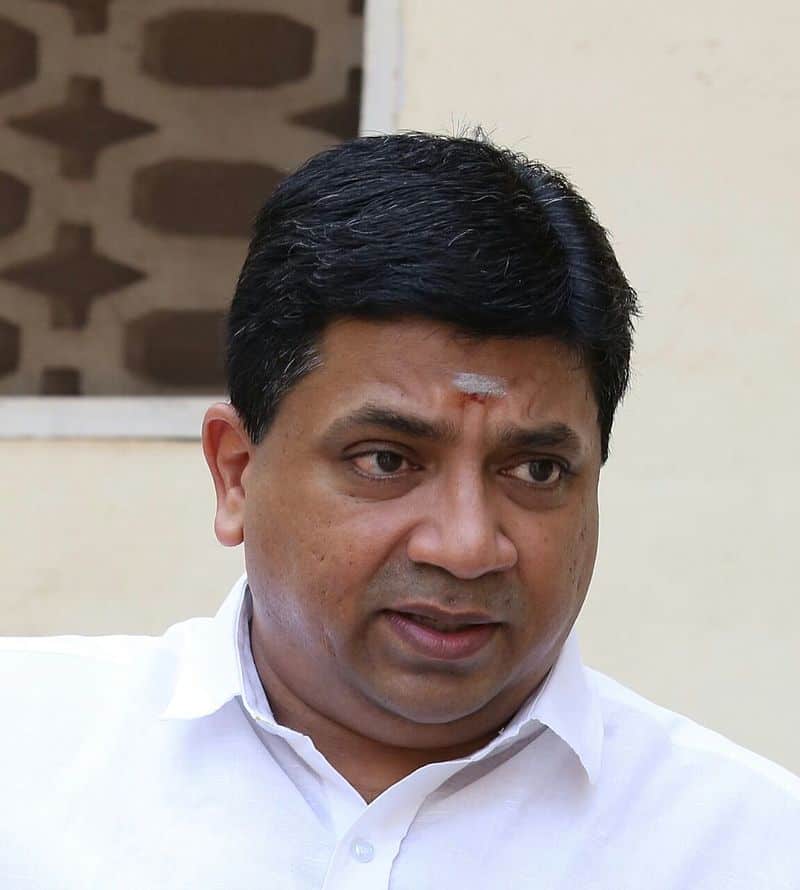On Friday, March 18th, Tamil Nadu Finance Minister, Palanivel Thiaga Rajan presented the budget in Assembly for the 2022-23. Environmental sustainability, increased connectivity, focus on access to services and promotion of Tamil learning were some of the prominent aspects of the budget.
As for what was in store for Chennai, the budget mainly comprised of a number of development projects related to easing traffic congestion, expansion and construction of highways, flood mitigation, disaster preparedness of the city, climate change and increasing green cover.
Read more: Sustainability needs a people-centric approach; is smart city Chennai geared to that?
On traffic and transit:
The budget included a number of initiatives to decongest increasing traffic within Chennai and on roads that travel in and out of the city. The budget has included plans to expand roads, construct elevated corridors and grade separators in this regard.
As per the budget announcement, the ECR lane road from Thiruvanmayur to Mahaballipuram will be widened. The orders for widening the Thiruvanmayur, Kottivakkam and Pallavakkam stretches have already been granted. The remaining stretches will be widened into 6 lane roads at a cost of ₹135 crore.
Another important project that was announced was the renewal of the Maduravoyal-Chennai Port Elevated Corridor Project. The double decker elevated corridor will be around 20.6 Km long, estimated at a cost of ₹5770 crore. An MOU will be signed by The National Highways Authority of India (NHAI), Tamil Nadu Government and the Chennai port to initiate the project.
A grade separator at Kattupakkam Junction will also be constructed at a cost of ₹ 322 crore. The junction often sees heavy traffic congestion as it is a meeting point between a number of arterial roads such as the Chennai–Chittoor-Bengaluru Road, Mount-Poonamallee-Avadi Road and Poonamallee-Kundrathur-Pallavaram Road. According to the Finance Minster, a detailed project report will be prepared this year as a first step.
Other projects announced as part of the budget include the Chennai Peripheral Ring Road Project at ₹2,250 crore, the Chennai-Kanyakumari Industrial Corridor Project with Asian Development Bank’s assistance, at ₹1200 crore, and the Tamil Nadu Road Sector Project-II at ₹628 crore.
The finance minister also announced that the State will be purchasing 2000 electric buses. In addition, the state government will be raising the Floor Space Index (FSI) so as to encourage transit-oriented development (TOD) in certain corridors such as ones near metro rail, suburban rail, national highways and by-pass roads.
Flood mitigation and disaster warning projects:
An amount of ₹500 crore has been allocated to the Singara Chennai 2.0 project to implement a number of flood management measures in the city.
The budget also allocates ₹10 crore for upgrading the disaster early warning system in Chennai. This would involve developing a network of automatic weather stations, weather radars and weather balloons. In addition, ₹1875 crore has been allocated to the Smart Cities Plan.
Read more: Chennai rains: The real reasons why urban floods are a never-ending problem in city
Increasing green cover:
As per the announcement, the State government will set up a ‘Tamil Nadu Green Climate Change Fund’ for funding of climate change mitigation and expanding the greenery in the city. The Fund aims to direct resources from development finance institutions, international climate funds, etc.
An amount of ₹300 crore has also been allocated to construct a botanical garden near Chennai, in partnership with Kew Gardens London. A children’s nature park was also proposed in the budget. This project would involve the remodeling of Guindy’s Children’s Park to house animals, birds, and butterflies, to educate children on wildlife and forests from a young age. This project has been estimated at a cost of ₹20 crore.
In total, an amount of ₹849.21 crore has been allocated to the Environment, Climate Change and Forests Department in the budget.
Health, education and more:
A mental health center titled the Tamil Nadu Institute of Mental Health and Neuro Sciences will be set up, estimated at a cost of ₹40 crore. The Institute will be set up by remodeling the Institute of Mental Health (IMH) in Kilpauk.
In terms of budgetary allocations in the field of education, significant goals have been set. As per the announcement, The Tamil Nadu government will bear the full cost of undergraduate education of students who studied in government schools from classes 6-12.
According to the Finance minister, the measure aims to encourage government school students to join highly competitive and inaccessible education institutions such as IIT, IISC & AIIMS.
A sports center in RK Nagar will be set up, with facilities free of cost, as a means to increase access to otherwise expensive sports facilities and training.
The finance minister also mentioned that over the next 5 years, a special scheme to set up new classrooms, hostels, laboratories and smart classrooms in higher education, will be implemented at a cost of ₹1000 crore.
A State Start-up Hub will be created at TIDCO in Nandambakkam, Chennai at a cost of ₹75 crore.
In addition, the state government will launch the ‘Perasiriyar Anbazhagan School Development Scheme’ to improve infrastructure in government schools (including Adi Dravidar, Tribal & Kallar Reclamation Schools).
